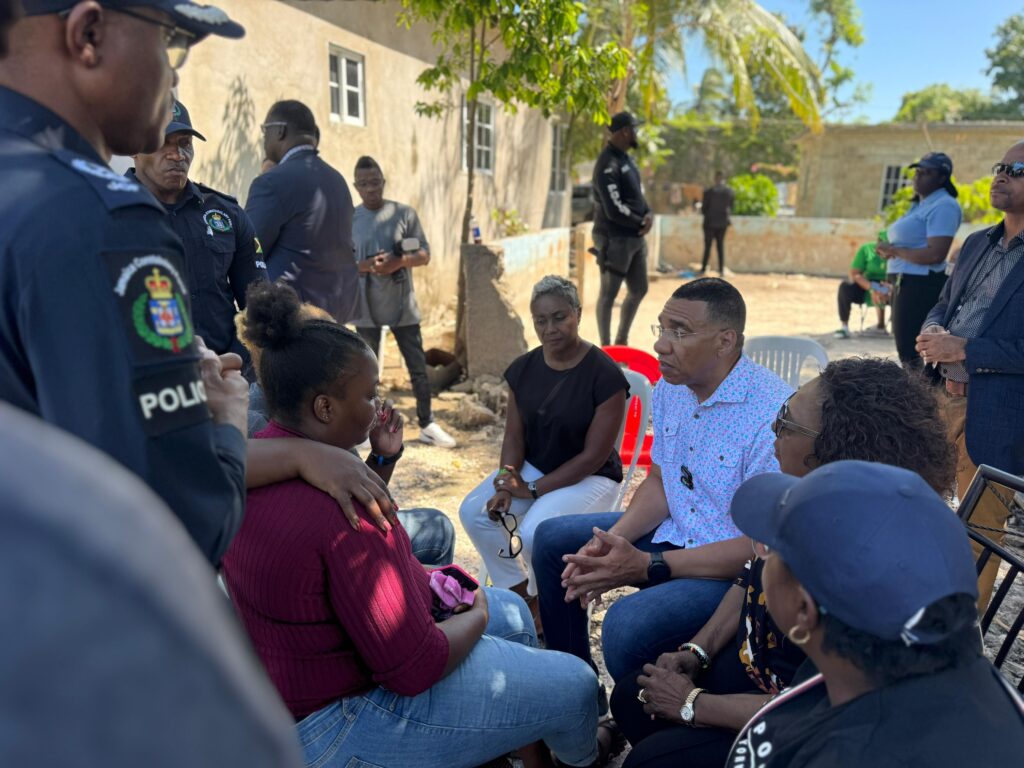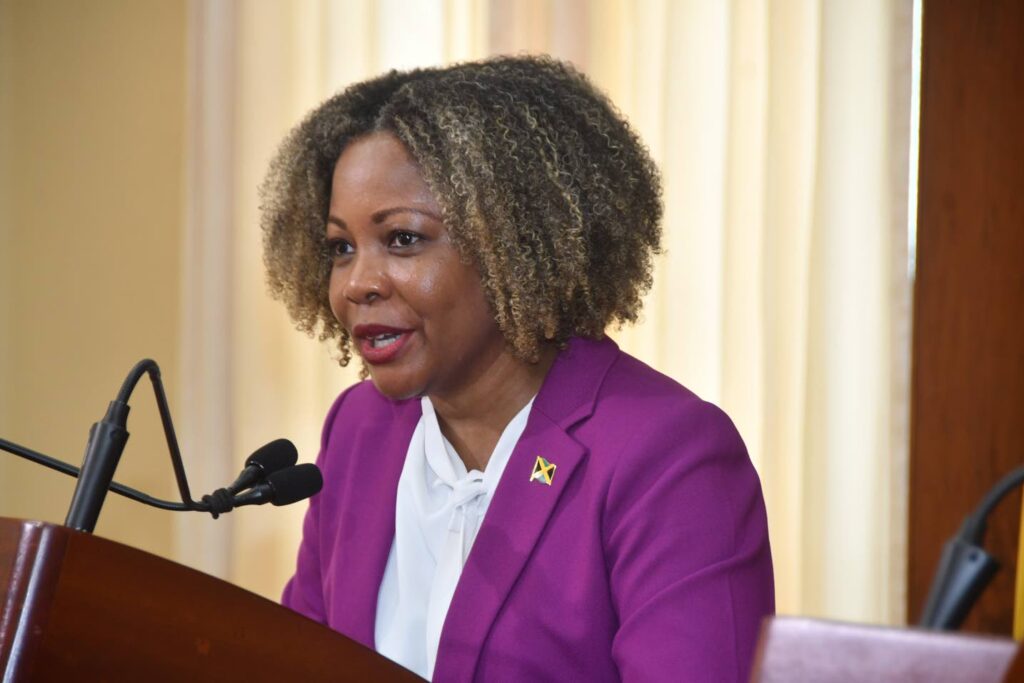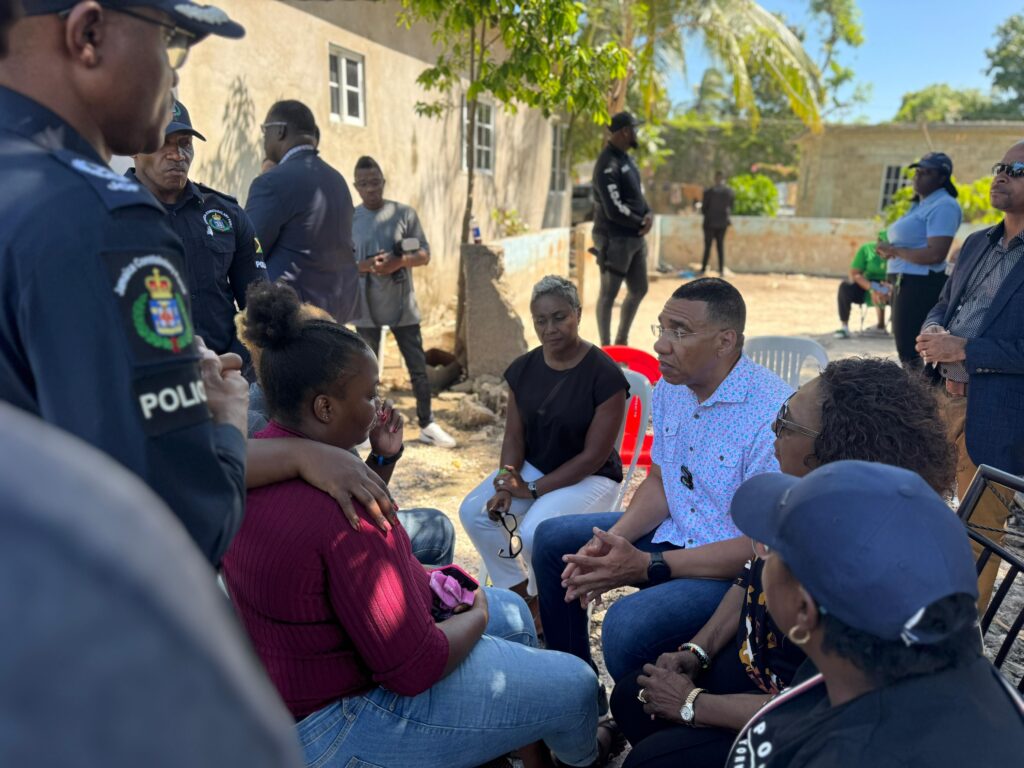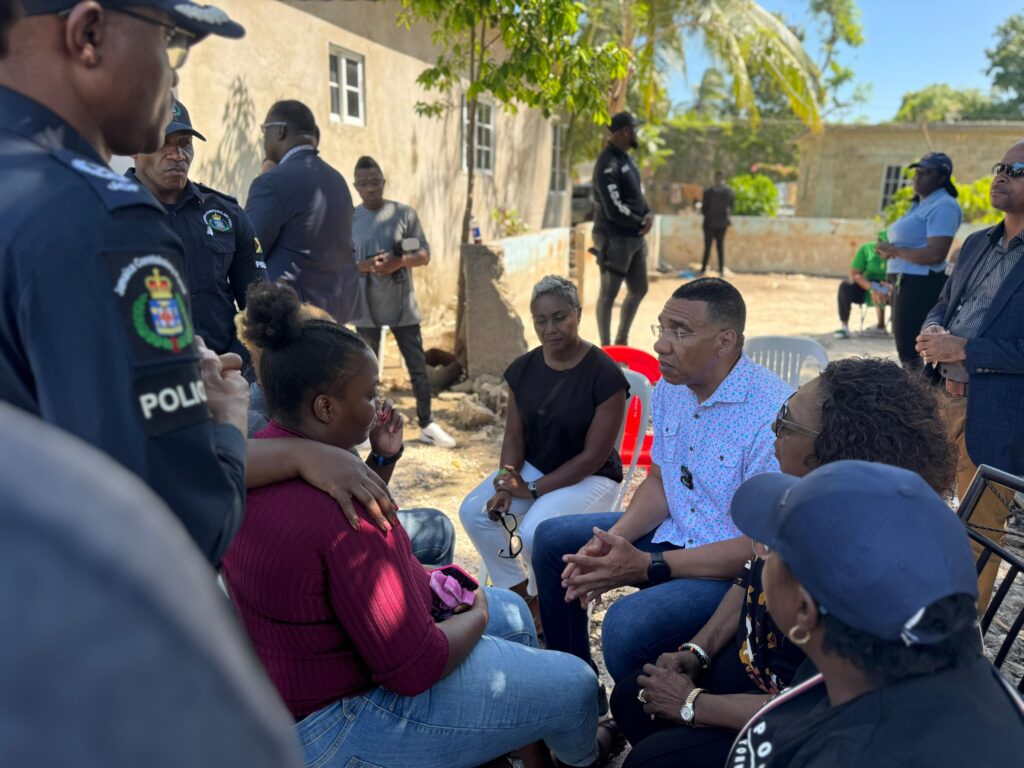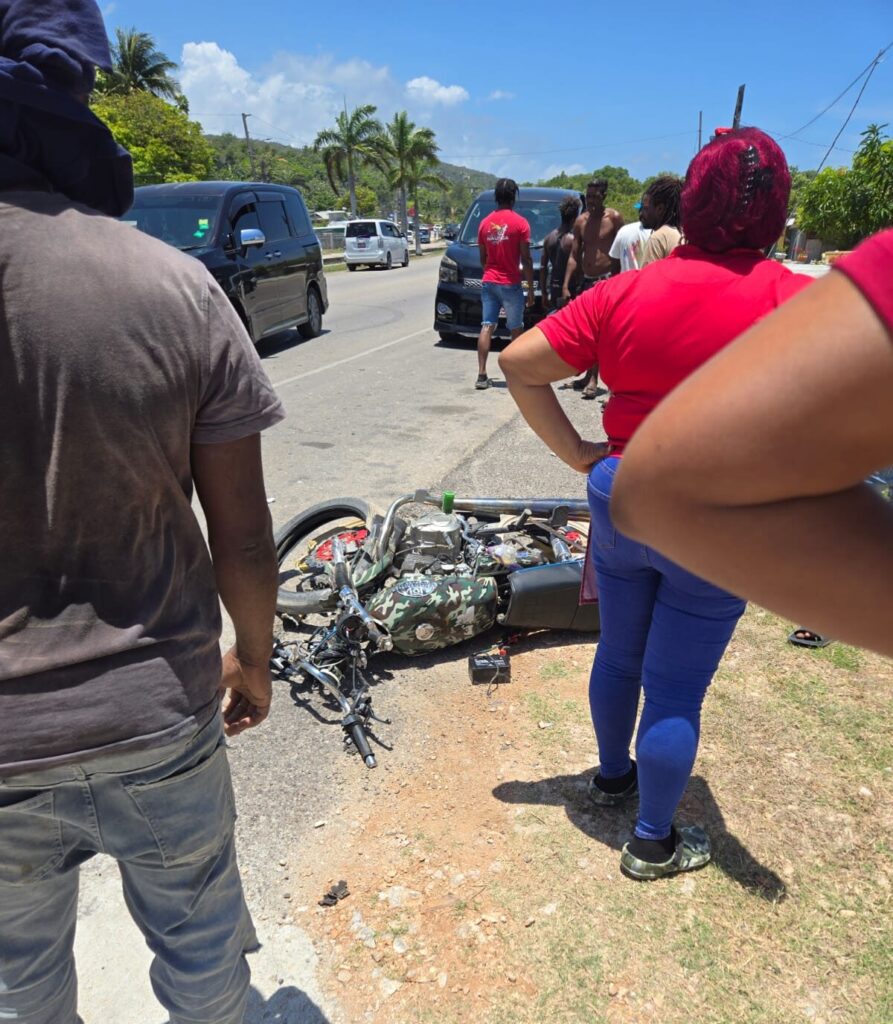WASHINGTON, United States (CMC) – The director of the Pan American Health Organization (PAHO), Dr Jarbas Barbosa, is urging ministries of health in the region to increase surveillance and lead the charge towards the elimination of mosquito breeding grounds in a bid to reduce mosquito-transmitted viruses such as dengue, Zika and Chikungunya.
“Climate change has contributed to an increase in areas favorable for the propagation of the Aedes aegypti mosquito, and consequently to the increase in arboviral diseases in the Region of the Americas,” said the PAHO director in marking Mosquito Awareness Week.
“The accelerated growth of urban areas, the storage of water due to inadequate piped water supply, and the poor management of solid waste are also factors that increase breeding sites,” he added.
According to PAHO, dengue is currently one of the main threats to public health in the Americas, including the Caribbean, with cases dramatically increasing in recent years.
In 2024, countries of the region reported over 13 million suspected cases, a 283 per cent increase in cases compared to 2023, and 356 per cent higher than the average number of cases reported over the past five years.
PAHO said cases of Chikungunya are also on the rise, with 431,223 cases reported during 2024, compared to 411,560 cases in 2023.
While there have not been any recent outbreaks of Zika, PAHO said the virus continues to circulate, with 44,242 cases reported in 2024, compared to 37,659 cases in 2023.
These viruses directly affect peoples’ quality of life, causing high fever, intense pain, general discomfort, and, in severe cases, potentially fatal complications.
The diseases can be especially dangerous for children, the elderly, pregnant women and those with pre-existing conditions.
But the impact of these diseases is “not limited to just physical symptoms and deaths,” said Barbosa.
“It also affects the productivity and general well-being of people due to their absence from work and school, and can generate a significant economic burden for both families and public health systems.”
Barbosa said it is, therefore, crucial that ministries of health “promote and strengthen intersectoral work in the fight against mosquitoes,” involving both public and private institutions and integrating efforts in areas beyond the health sector, such as education, sanitation, urban development and communication.
“When we join forces in combating mosquitoes in a timely and coordinated manner, we can prevent outbreaks, save lives, and improve people’s living conditions,” he said.



